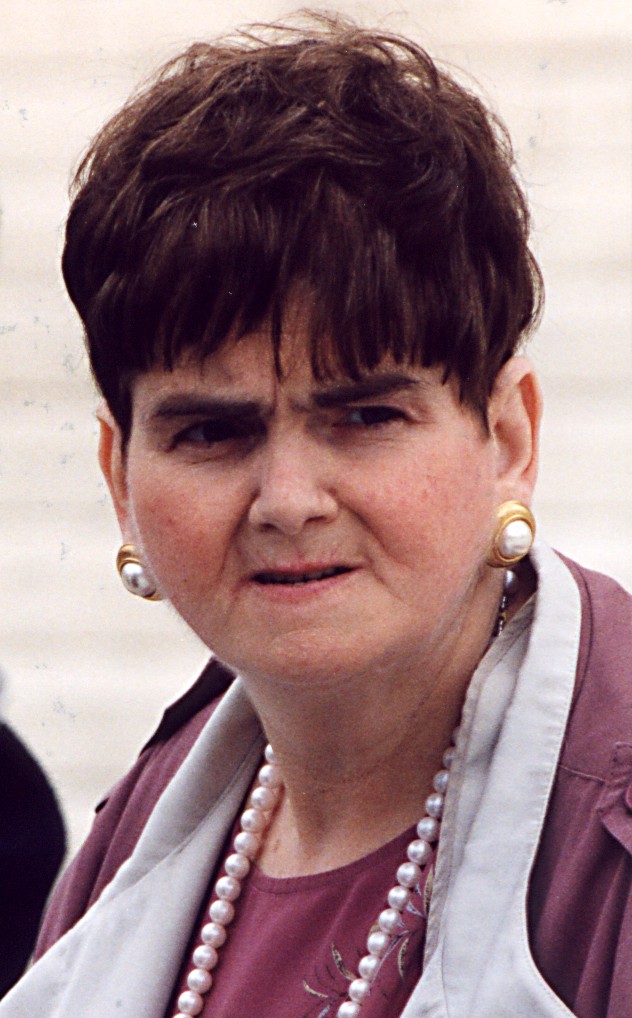Elaine Wilson's Story Continued
Charlie Bliss Discusses Transformation of Elaine Wilson
When she was in school, Elaine had a short attention span and, even with a tutor, was unable to keep up with the other children's learning pace. Her mother became concerned and took Elaine to see a psychologist, who said that Elaine had suffered brain damage due to the protracted high fever she suffered during the illness.

When Elaine was fifteen years old, her mother enrolled her in Gracewood State School and Hospital in Augusta, Georgia, where she was re-evaluated and given the diagnosis: "mental retardation" (which was the terminology at the time). The doctor there also recommended institutionalization as the only way to truly provide for Elaine's needs.
Elaine deeply disliked Gracewood. She hated being separated from her family and her community, and she hated the fact that no one would listen when she said she wanted to leave.
Elaine was transferred to Central State Hospital in Milledgeville during the early 1970s, where she resided until the early 1980s, when changes in Georgia law mandated her release into a boarding or personal care home. Elaine's life became a cycle of being taken to personal care homes and then admitted to a hospital, then being released into a different boarding home, and so on. "When I was in an institution, I didn't like myself," Elaine says. "I was trapped. . . . I had no hope. I thought, Oh God, Oh God - When am I ever going to leave here?"
Finally, she got her chance. Elaine joined Lois Curtis as a plaintiff in the Olmstead case suing for her freedom from institutions, and in July of 2000 appeared with Lois in the Court of Judge Marvin H. Shoob, U.S. District Court where the Olmstead case settlement agreement was signed.
Although it took many years and thirty-six institutions, Elaine Wilson finally rejoined the community, where she happily remained until passing away in December of 2004.
Go here to read Elaine Wilson's obituary.
Thanks to Tom Olin for sharing the portrait of Elaine Wilson.